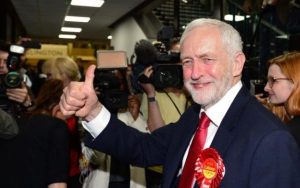
On the doorsteps on polling day, and with friends since, the sense is that Labour under Corbyn have caught people’s imaginations. What does this imply for Liberal Democrats?
My sense is that this is a problem because people’s imaginations have been caught by something unrealistic. If we now had a majority Labour government, disappointment would be around the corner, but for now, hopes are roused. There’s a parallel with Brexit being seen as a bright new future.
A sharp illustration is our respective economic policies. The Institute of Fiscal Studies concluded that our manifesto was the only one properly costed and also the most likely to deliver for low income people. If 9 June had seen Vince Cable become Chancellor of the Exchequer, that would have boded better for the economy than either of the other choices. Instead a costly cocktail of promises from Labour has fired people’s imaginations.

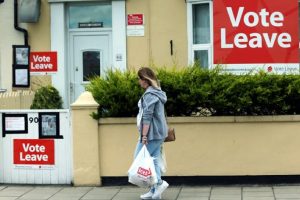
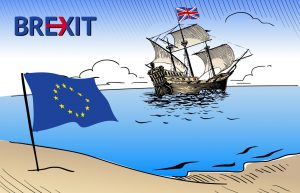
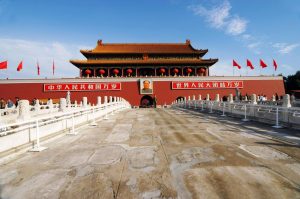

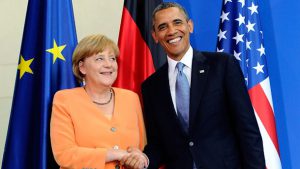

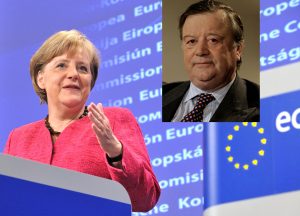
 The sequence of events feels almost surreal. During the referendum campaign several former generals, including
The sequence of events feels almost surreal. During the referendum campaign several former generals, including 